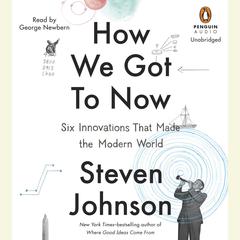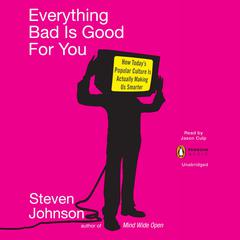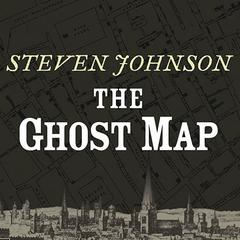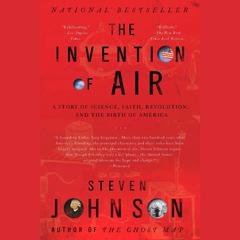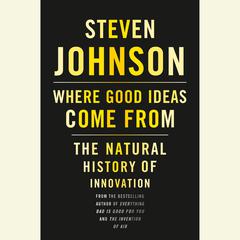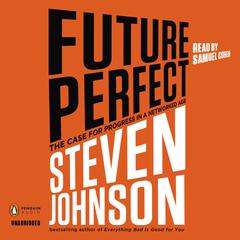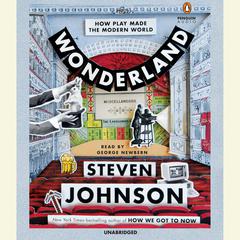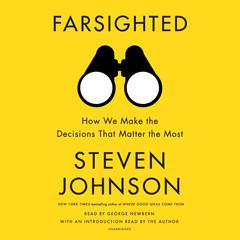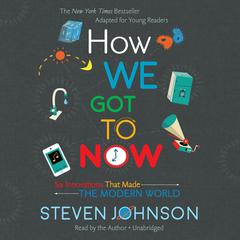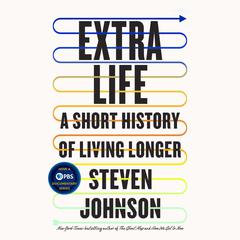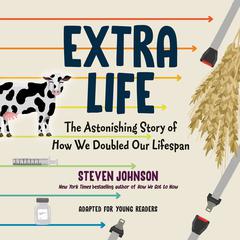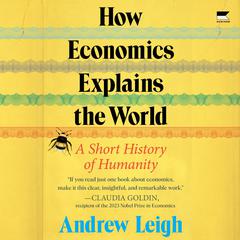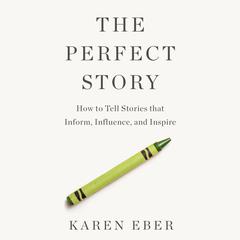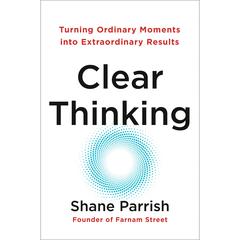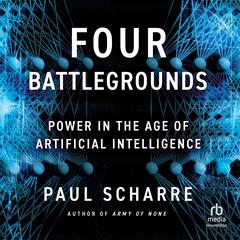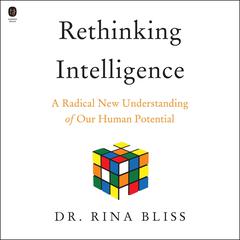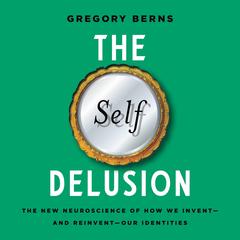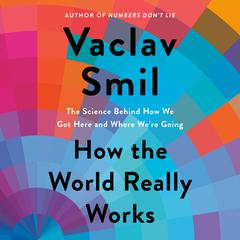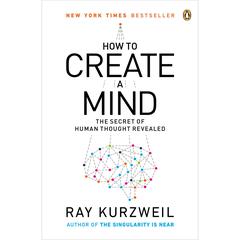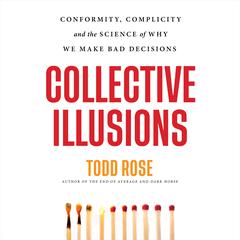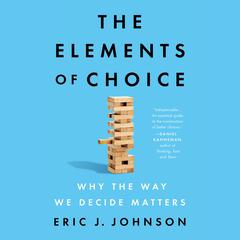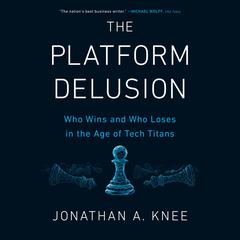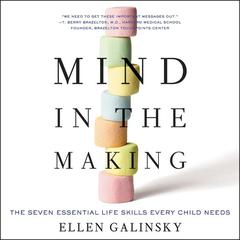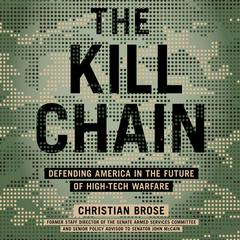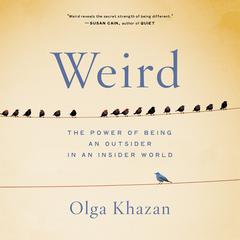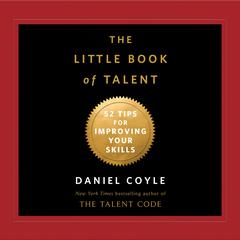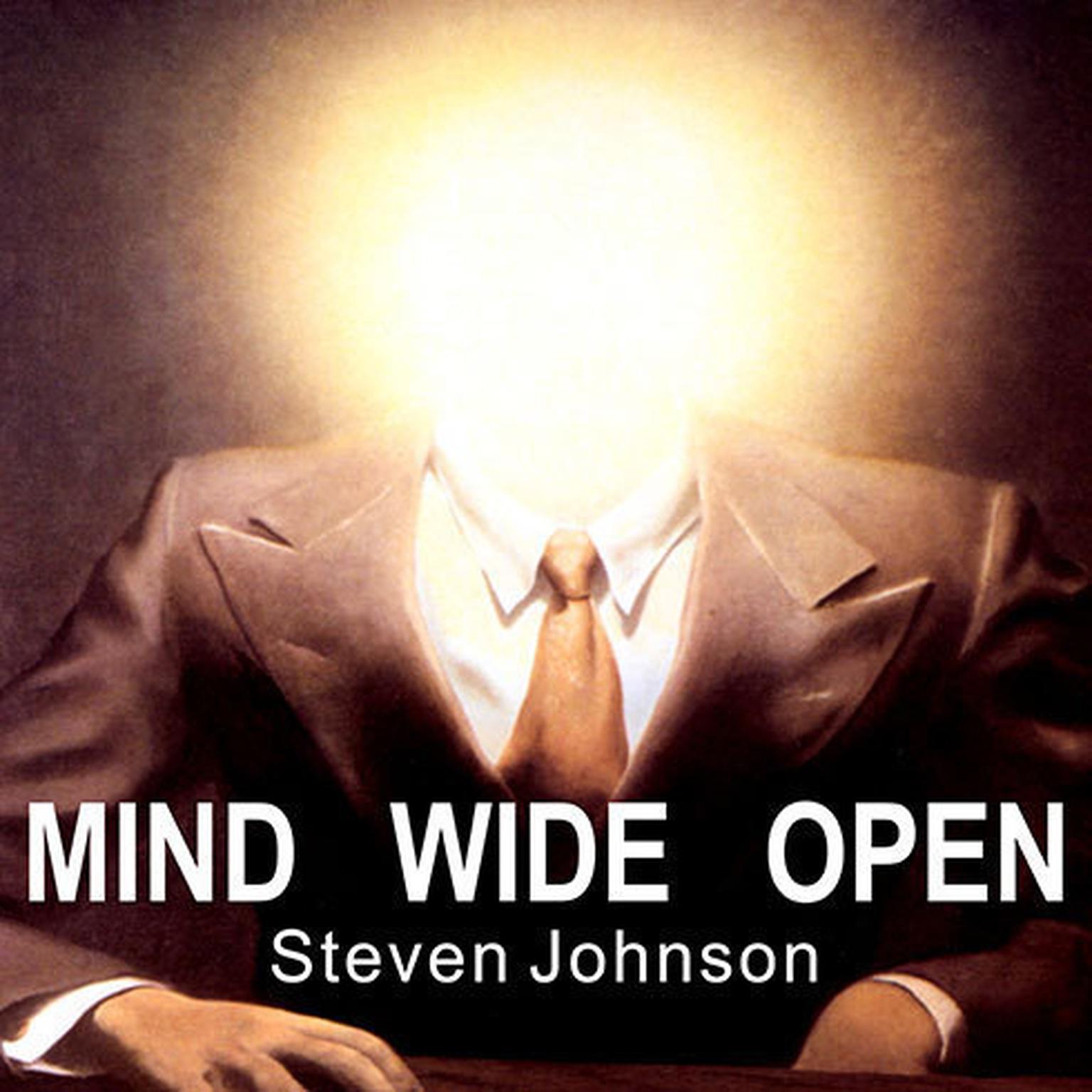 Play Audiobook Sample
Play Audiobook Sample
Mind Wide Open: Your Brain and the Neuroscience of Everyday Life Audiobook
 Play Audiobook Sample
Play Audiobook Sample
Quick Stats About this Audiobook
Total Audiobook Chapters:
Longest Chapter Length:
Shortest Chapter Length:
Average Chapter Length:
Audiobooks by this Author:
Publisher Description
BRILLIANTLY EXPLORING TODAY'S CUTTING-EDGE BRAIN RESEARCH, MIND WIDE OPEN IS AN UNPRECEDENTED JOURNEY INTO THE ESSENCE OF HUMAN PERSONALITY, ALLOWING READERS TO UNDERSTAND THEMSELVES AND THE PEOPLE IN THEIR LIVES AS NEVER BEFORE.
Using a mix of experiential reportage, personal storytelling, and fresh scientific discovery, Steven Johnson describes how the brain works — its chemicals, structures, and subroutines — and how these systems connect to the day-to-day realities of individual lives. For a hundred years, he says, many of us have assumed that the most powerful route to self-knowledge took the form of lying on a couch, talking about our childhoods. The possibility entertained in this book is that you can follow another path, in which learning about the brain's mechanics can widen one's self-awareness as powerfully as any therapy or meditation or drug.
In Mind Wide Open, Johnson embarks on this path as his own test subject, participating in a battery of attention tests, learning to control video games by altering his brain waves, scanning his own brain with a $2 million fMRI machine, all in search of a modern answer to the oldest of questions: who am I?
Along the way, Johnson explores how we "read" other people, how the brain processes frightening events (and how we might rid ourselves of the scars those memories leave), what the neurochemistry is behind love and sex, what it means that our brains are teeming with powerful chemicals closely related to recreational drugs, why music moves us to tears, and where our breakthrough ideas come from.
Johnson's clear, engaging explanation of the physical functions of the brain reveals not only the broad strokes of our aptitudes and fears, our skills and weaknesses and desires, but also the momentary brain phenomena that a whole human life comprises. Why, when hearing a tale of woe, do we sometimes smile inappropriately, even if we don't want to? Why are some of us so bad at remembering phone numbers but brilliant at recognizing faces? Why does depression make us feel stupid?
To read Mind Wide Open is to rethink family histories, individual fates, and the very nature of the self, and to see that brain science is now personally transformative — a valuable tool for better relationships and better living.n the country...
Download and start listening now!
"Johnson explores the physiology of his own brain and, ergo, ours in this mainstream (i.e., not esoteric) book. His thesis is right: the more we know how our brains actually function, the more control we have over how and what we think and do. Example: Your body continues producing emotional symptoms to a fear or anxiety (like racing heartbeat, sweaty palms, knotted stomach) after your brain has moved onto other tepid topics. Therefore we sometimes *feel* toward subjects that are no longer irrelevant to our fear, irritation, joy, or other emotions."
— Debra (4 out of 5 stars)
Quotes
-
“Always considerate of his audience, Johnson weaves disparate strands of brain research and theory smoothly into the narrative (only a concluding section on Freud’s modern legacy feels like a tangent), which leaves readers’ minds more open than they were.”
— Publishers Weekly -
“Johnson, aided by personal anecdotes about, for example, the length of his attention span, will snare even those unfamiliar with brain science.”
— Booklist
Mind Wide Open Listener Reviews
-
" This is a great introduction to brain science through the eyes of a layman. The reader was uninspiring but the content was excellent. "
— Matthew, 2/18/2014 -
" This is a fun read. The author breaks the brain into manageable chunks (figuratively speaking, of course), and talks about some "applied" functions of various structures. It's certainly written for the novice in brain science, which I appreciated, but which may disappoint readers looking for more technical information on brain functions. There are some fun studies and anecdotes to keep it readable. "
— Laurel, 2/17/2014 -
" Mind Wide Open by Steven Johnson relies a little too much on personal narrative and too little on the science of neurology. With that said, Johnson is easy to read and provides some interesting information about the brain and how it functions. I particularly like how he ties this information back to practical ways that it can be used in everyday life (although, in many cases the usefulness is limited). "
— Todd, 2/15/2014 -
" Great book about the way the brain works and how diffeerent chemicals are released etc. "
— Meg, 1/31/2014 -
" Good solid information "
— John, 1/30/2014 -
" Johson gives a back door tour of the brain, offering understandable explanations to the reasoning behind our everyday actions and interactions. I found the chapter on autism to be most interesting, especialy in his descriptions of modern solutions to behavioral issues. "
— Alexis, 1/27/2014 -
" I plan on listening to this a second time because there are so many interesting points I don't feel one time through does it justice. Once again, kudos, Mr. Johnson. "
— Gloriavirtutisumbra, 1/18/2014 -
" who doesn't like neuroscience and doing weird brain experiments to figure out what makes you tick? "
— JJ, 1/7/2014 -
" A little long winded. Definitely some interesting stuff about the brain though. "
— Falards, 12/19/2013 -
" This book, an overview of some fascinating current neuroscience research, is an easy, fascinating read, and convinced me that the brain and brain research is just about the coolest stuff ever. "
— Anna, 12/14/2013 -
" I learned that there is a module in our brain that inherently fears snakes...and garden hoses, and vacuum cleaner cords, and anything else that might be mistaken for one. "
— Courtney, 12/8/2013 -
" Excellent read! Humorous, scientific, concise, and most significantly, appreciable in daily life. After reading this book I was inspired to teach my own class on the subject to professionals wanting to master their mind. Thank you Steve Johnson! "
— s, 12/8/2013 -
" Pretty readable for a book about neuroscience. It wasn't as insightful as I was hoping for so I only gave it 3 stars, but it was still very interesting. "
— Teressa, 10/5/2013 -
" It tells why PSTD works the way it does--why our brain works why it does. Anything with the brain is just amazing, and this book is fun. Lots of info. "
— Ann, 8/9/2013 -
" I really love this book. I have actually read it several time. "
— Danira, 8/5/2013 -
" a nice tour of trends in neuroscience. Nothing terribly new, but all very accessible. (Except Johnson's mix of reporting and personal musing seemed a little off this time around.) I used to be dismayed that every time I thought of a good book to write Johnson did it. Now I guess I'm glad. "
— Lolakay, 7/2/2013 -
" Very informative, but well written so it doesn't feel like you're reading a textbook. Anyone who's interested in the brain should read this book! "
— Loredana, 2/24/2013 -
" Best interessant boek over de neurobiologie van de hersenen. "
— Edelhart, 1/30/2013 -
" There is a great interview on NPR with the author that is worth listening to. Warning if you listen you will HAVE to read the book. "
— Kimberly, 10/30/2012 -
" I now know that my fear of sharks in swimming pools is really do to a very effective Amygdala. "
— Melanie, 9/28/2012 -
" You need to read this if you think the brain is all about biology. If you are in a leadership position, you need to check this book out. The brain one of the more important organs and yet we know so little. "
— TK, 5/2/2012 -
" Very interesting book. Makes you look at why you make the decisions you do in a new light. I found the section on neurofeedback particularly interesting. "
— Cheri, 1/13/2012 -
" It was neat to see what tests can be done out there but sadly, they are limited normally to those individuals with some suspected issue. "
— Jessica, 12/31/2011 -
" So far more of an everyday man's review of recent mind research. Text book lite. "
— Nettie, 11/28/2011 -
" Who knew the Amygdala could be such a fascinating main character? "
— Eric, 9/22/2011 -
" good science writing. personal, accessible and intriguing. The book succeeds in conveying that our experience of consciousness is the result of input from multiple brain 'modules'. A little short, though. "
— Steven, 6/26/2011 -
" I really wanted to dislike this book, but Johnson makes a decent case for value of video games, movies and tv, arguing that their increasingly complexity and depth has contributed to rising IQs, primarily, of people of average intelligence. That said, the quick read is still a bit fluffy. "
— Zak, 5/22/2011 -
" This essay REALLY intrigued me, and the whole first half was excellently done. But the entire last half is just droning, and completely pointless. Don't waste your time. "
— Chris, 5/12/2011 -
" Interesting read. Written like a college thesis. Lacks any real science background for his work but still makes a good argument for some of the positive things we are getting from pop culture. "
— Deb, 4/19/2011 -
" You can learn a lot from playing video games, and here's the argument that will make you feel better if your kids spend a lot of time playing. "
— Efredell, 3/29/2011 -
" Molto carino ed interessante.<br/>Giusto per renderci conto, in Italia, che non sarebbe male sostituire qualche programma di tette e culi con un telefilm. "
— Salvatore, 3/10/2011 -
" Some interesting ideas here, but I felt like it got a bit repetitive after a while. "
— Amber, 2/17/2011 -
" I take it as self-evident that enjoying pop culture is worthwhile, and therefore found some of the arguments in this book a tad reductive. "
— Dante, 2/4/2011 -
" I agree with most of it, but it really doesn't bring anything new to the table. I'd recommend it to my mother or to everybody who doesn't enjoy popular culture as much as I do. If you're already into pop culture, you don't have to read Everything Bad. "
— Kristin, 1/8/2011 -
" I like books that make you see things from a different perspective. This book did that for me. "
— Mary, 11/28/2010
About Steven Johnson
Steven Johnson is the author of twelve books, including How We Got to Now, a New York Times bestseller and the basis for the Emmy–winning PBS/BBC series How We Got to Now. He is also the host of the podcast American Innovations.
About Alan Sklar
Alan Sklar, a graduate of Dartmouth, has excelled in his career as a freelance voice actor. Named a Best Voice of 2009 by AudioFile magazine, his work has earned him several Earphones Awards, a Booklist Editors’ Choice Award (twice), a Publishers Weekly Listen-Up Award, and Audiobook of the Year by ForeWord magazine. He has also narrated thousands of corporate videos for clients such as NASA, Sikorsky Aircraft, IBM, Dannon, Pfizer, AT&T, and SONY.




